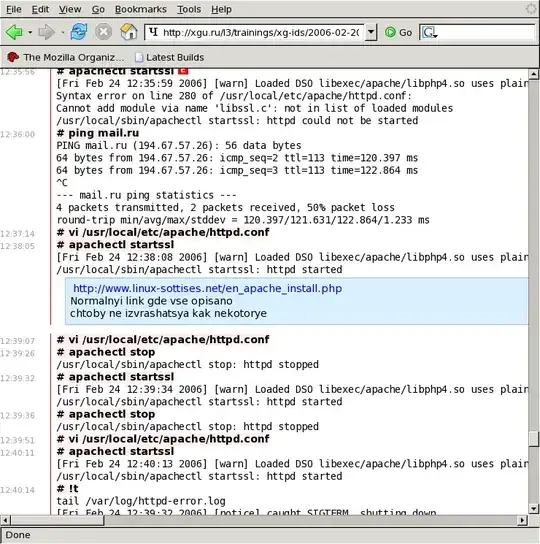What's the best method of logging a BASH shell session to a file on the host machine?
The preferred output format would be equivalent to PuTTY's "printable output" log setting, as viewed by the user inclusive of input and exlusive of ncurses control character data.
